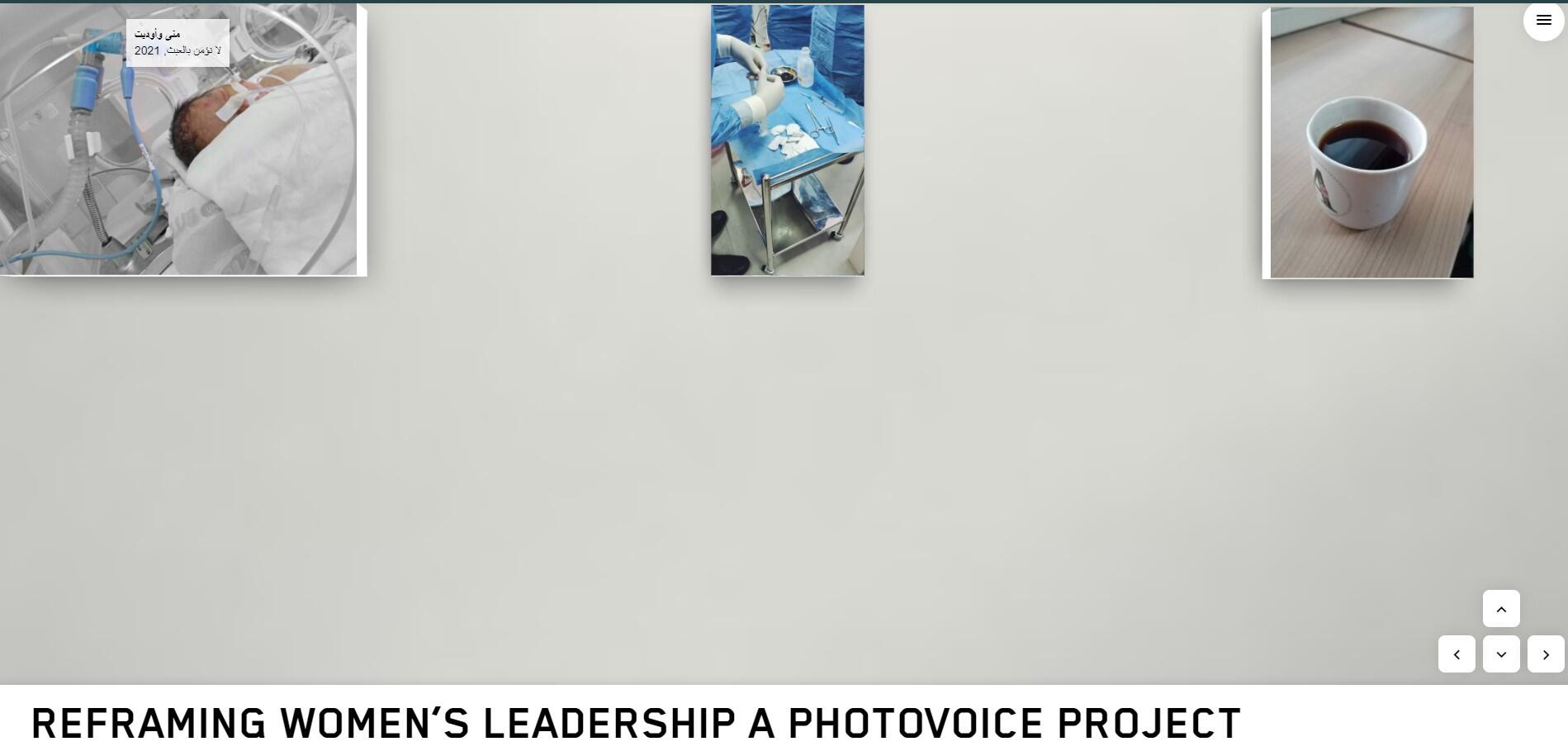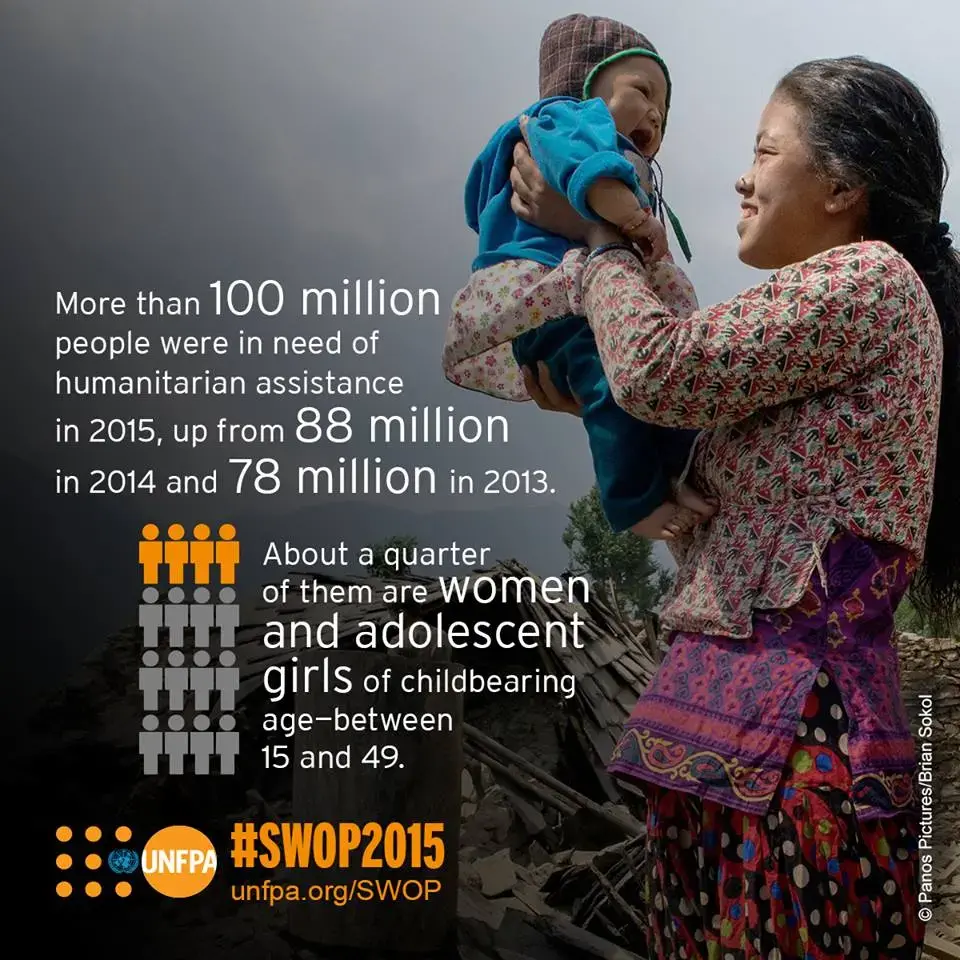UNFPA Assistant Representative Germaine Haddad shed light on the importance of recognizing the leadership of female medical service providers, during a panel discussion organized by the Community Hub, in partnership with the British Council, reframing women’s leadership narratives.
The panel came as part of the virtual launch of the Community Hub’s PhotoVoice project, showcasing photos taken by inspiring women leaders, aiming to challenge the dominant narratives.
“Women are the leaders in the health service provision sector in the areas of reproductive health, family planning and gender-based violence health response,” Haddad said on the panel, “some communities are more receptive of female service providers in these areas. They are leaders because they do not only provide services, they face a lot of community resistance to promote family planning and reproductive health services, while some communities still encourage women to have many children.”
PhotoVoice designs participatory photography, digital storytelling and self-advocacy projects for underrepresented or issue affected individuals and communities.
UNFPA nominated two participants for the project, who work in medical service provision, offering them the opportunity to narrate and document their own stories of leadership using photography.
The selected female candidates participated in a workshop in May to orient them with using Photovoice as a tool, as well as creating narratives from the photos they took, describing their own journeys and stories.
The Community Hub’s PhotoVoice project brought together women who work and lead in different fields such as audio-visual industry, medical field, nurses, blue collar jobs, science and technology, entrepreneurship industry, volunteering, and social work.
The Community Hub and its partners including UNFPA are now launched the exhibition on July 11 to showcase women’s narration of their own leadership stories. The main aim of this initiative is to discuss the stigma against women in leadership and gender roles in our society, through real personalized stories, and most importantly, to exhibit women’s leadership inspiring stories, the challenges they face, and the breakdowns they go through during their journeys.
The United Nations Population Fund is hoping that those narrative stories of successful female leaders are going to help raise awareness, empower future generations, and break the taboo of women leading in the workplace.




